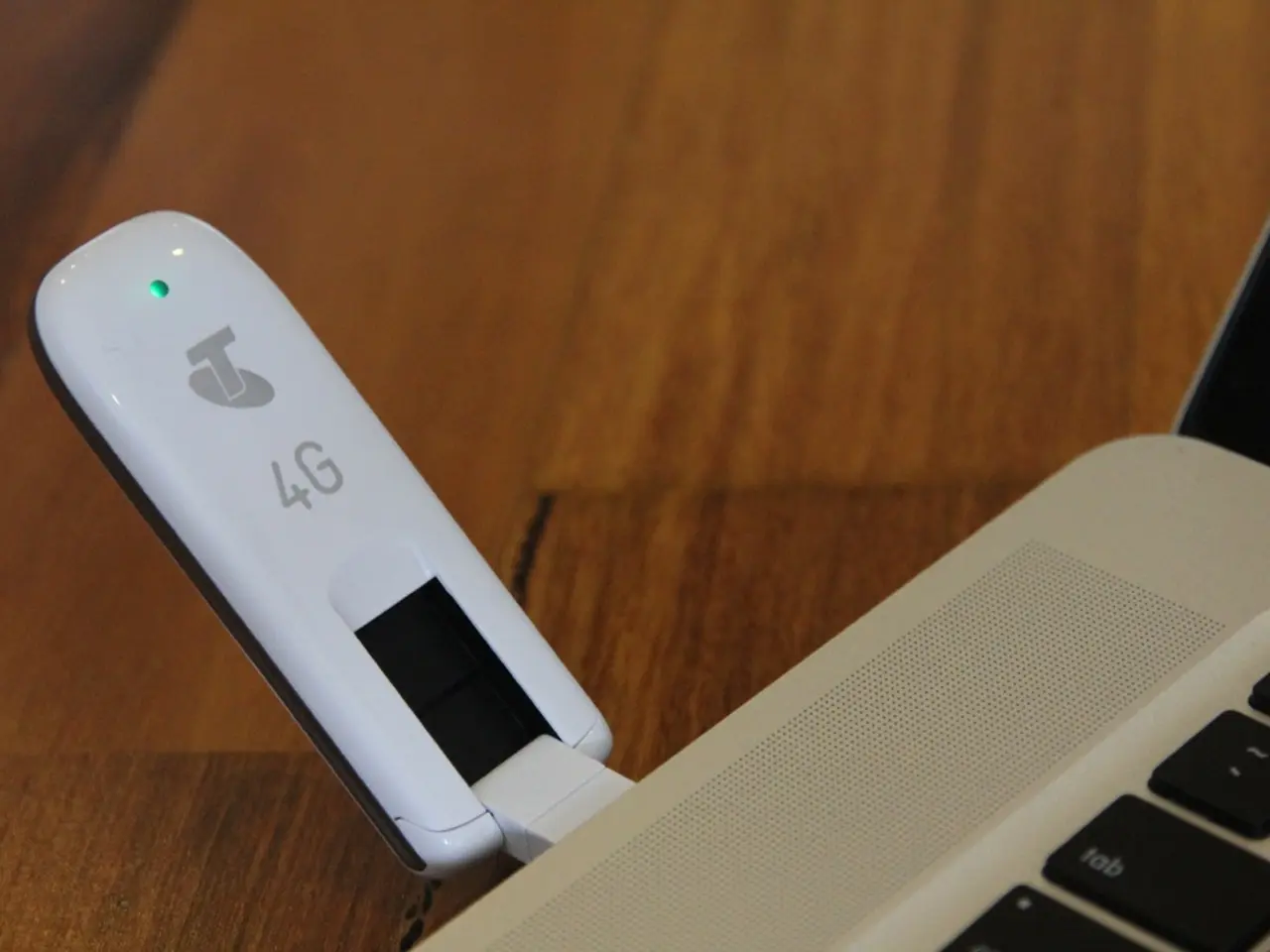US Authorities levies a $314 million fine against Google, alleging misuse of cell data in the country
### Google Faces Lawsuits Over Data Misuse in Android Users
In a series of legal battles, tech giant Google is facing accusations of misusing Android users' data, with two significant lawsuits currently underway in California and San Jose, USA.
#### California Case
The California case, filed in Santa Clara Superior Court in 2019, alleges that Google secretly collected and transmitted data from idle Android devices without user consent, using this data for targeted advertising and consuming users' cellular data [1][2][3]. A jury has ruled in favour of the plaintiffs, ordering Google to pay $314.6 million in damages to affected users in California. Google has denied wrongdoing, stating that users consented to these practices through its terms of service. The company plans to appeal the decision [1][2].
#### San Jose Case
A separate lawsuit has been filed in San Jose Court, representing the residents of 49 other U.S. states. This case is distinct from the California-focused lawsuit and seeks similar compensation for alleged data misuse [1]. The first trial for this case is scheduled for April 2026. Details on the specifics of the lawsuit and potential outcomes are not yet available as the case is still in its early stages [1].
#### Australian Court Case
In a separate matter, Google was fined $40 million by Australian courts in 2022 over a location tracking blunder. The Australian court found Google guilty of misleading practices and imposed a significant penalty on the company. This case does not involve Android data transfers but rather "false claims" regarding location tracking [1].
Google conducted these practices from January 2017 to December 2018, before the Australian Competition & Consumer Commission launched its investigation. The fine was issued for Google's alleged hiding of the fact that its "Web & App Activity" setting could collect user location data [1]. Users were led to believe that only the "Location History" setting was responsible for keeping their location data on file. However, Australia's Competition & Consumer Commission stated that the Web & App Activity setting collected and stored "personally identifiable location data" when turned on [1].
#### Google's Defence
Google defended its data transfers, stating they don't harm users and are a process users agree to via its terms of service and privacy policies. Google's spokesperson, Jose Castaneda, stated that the court misunderstood services critical to the security, performance, and reliability of Android devices [1].
In the California case, the jury found Google liable for sending and receiving information from devices without permission while they were idle [1]. The lawsuit affects over 14 million Californians and Google is responsible for paying $314 million to Android users in the state of California as a result of the verdict [1].
As these legal battles unfold, Google is planning to appeal the verdict in the California court case and is preparing for the first trial of the San Jose case in April 2026. The outcomes of these cases will have significant implications for Google's data practices and potentially set a precedent for future legal actions against tech companies.
References: [1] Grynbaum, M. (2022, March 17). Google Faces $314 Million Fine in California Over Use of Android Users' Data. The New York Times. Retrieved from https://www.nytimes.com/2022/03/17/technology/google-fine-california-android-data.html [2] Lunden, I. (2022, March 17). Google hit with $314 million fine by California court over Android data transfers. TechCrunch. Retrieved from https://techcrunch.com/2022/03/17/google-hit-with-314-million-fine-by-california-court-over-android-data-transfers/ [3] Summers, G. (n.d.). Google is spying on you. Retrieved from https://www.glensummers.com/google-is-spying-on-you/
- In the California case, Google is being accused of using technology to secretly collect and transmit data from idle Android devices without user consent, and this data was used for targeted advertising and consuming users' cellular data.
- Google's plans to appeal the $314.6 million verdict in the California case suggest that the company believes its technology practices, as outlined in its terms of service and privacy policies, are not harmful to users and are essential for ensuring the security, performance, and reliability of Android devices.




